Read also:
How to Watch FX Live Without CableHow To Watch AMC Without CableHow to Watch ABC Without CableHow to Watch Paramount Network Without CableFrom vampire comedies to searing sports docs, this year’s Toronto International Film Festival has plenty to offer outside the big names.
This piece was written during the 2023 WGA and SAG-AFTRA strikes. Without the labor of the writers and actors currently on strike, the works being covered here wouldn’t exist.
While the Hollywood labor strikes continue with no end in sight, the fall festival season looks mighty different. Films will have to show their mettle on their own terms, without the aid of splashy A-list stars and press conferences (a few titles excepted, of course, for certain indie/foreign films and works given provisional approval by SAG-AFTRA and WGA for adhering to demands).
The first major fest on that list is the Toronto International Film Festival, usually the big kickoff to the fall season; the films shown here often kick off awards buzz in a big way — though we’ll have to see how well they fare without their cast and writers to back them up.
Sure, some buzzy titles from big filmmakers are here — the latest from Hayao Miyazaki, Ryusuke Hamaguchi, Aki Kaurismaki, John Carney, Harmony Korine, Jonathan Glazer, and others. But we at The Spool wanted to take some time to point out some films off the beaten path that don’t benefit from the same name recognition. This year, take a chance on these ten films we’re looking forward to checking out at the festival, which runs from September 7-17.
Bye Bye Tiberias
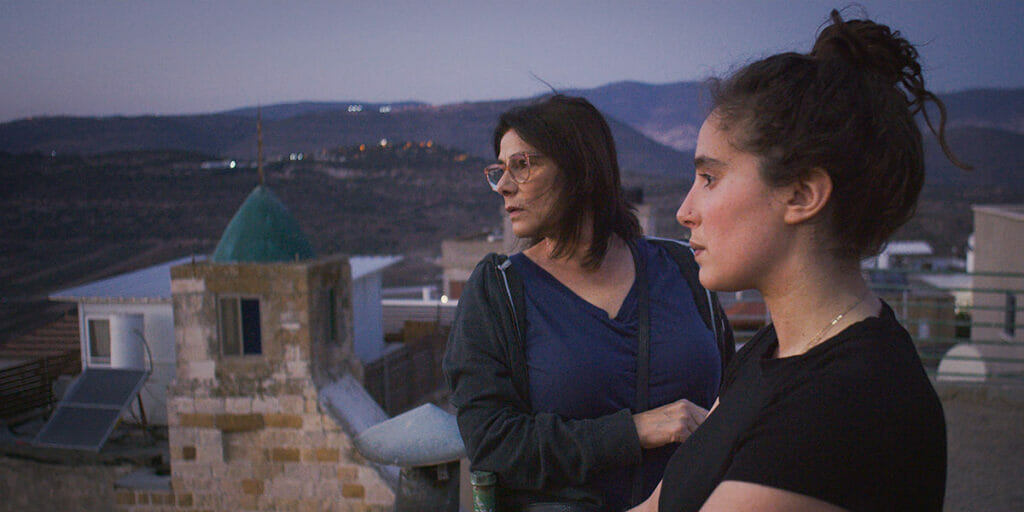
While you may know Palestinian actor Hiam Abbass from her breakthrough roles in HBO’s Succession and The Visitor, filmmaker Lina Soualem (Abbass’ daughter) centers her heartbreaking and instructive return home to Deir Hanna, her childhood village in Palestine. There, she reconnects with her mother and grandmother, while also forging new connections with her daughter — who herself filters the journey home, and the many layers of separation and colonial struggle, through her incisive lens. Soualem’s feature debut, Their Algeria, got plenty of notice on release, and this followup is set to continue that exploration of identity and womanhood.
Copa 71

While women’s football is one of the most rapidly growing sports in the world, its origins are murky, the first attempts to organize the game stymied by blustering male insecurity and FIFA restrictions. As such, the world’s foremost football associated never truly recognized the first real Women’s World Cup — a 1971 tournament in Mexico City that played to 100,00 fans, yet was wiped from history. Copa 71, directed by Rachel Ramsey and James Erskine (and executive produced by Venus and Serena Williams) attempts to correct that record, telling the story of Copa 71 through the impressive women who played on the pitch that week.
An Endless Sunday

Alain Parroni’s debut film is an enticing tale of idle living and adolescent meandering in Italy — this time, we see the streets of Rome through the freewheeling eyes of Alex (Enrico Bassetti), Brenda (Federica Valentini), and Kevin (Zackari Delmas), working-class free spirits who party all night and plan their futures all day. It’s all about the tragic collisions between childhood and adulthood, as some prep to be young parents, and others wonder what their future might look like when their carefree days are done. Paired with a sizzling score by Shirō Sagisu and Andrea Benjamin Manenti’s cinematography, Bye Bye Tiberias captures the bittersweet nostalgia of Italian cinema’s past.
Flipside
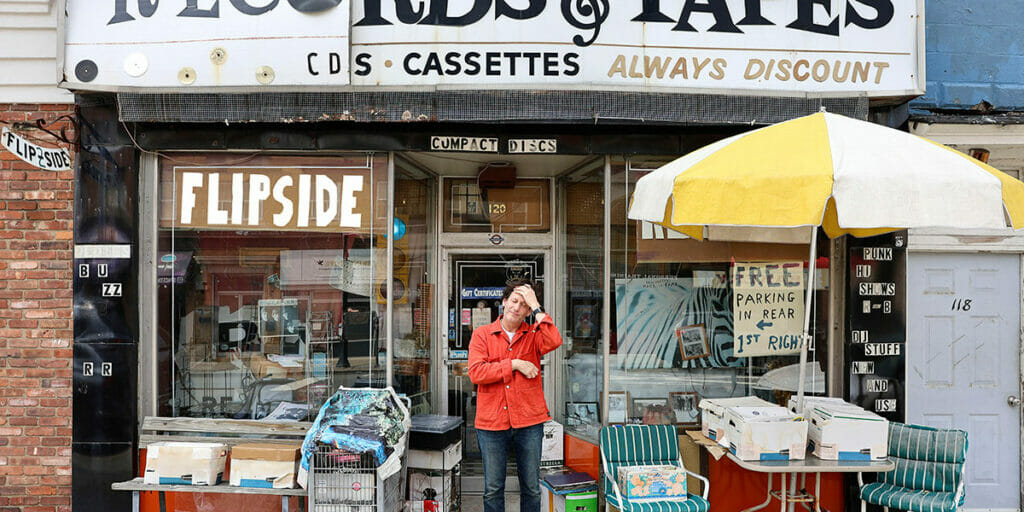
The most romantic crusades are the ones we know are lost from the moment we embark upon them. But as filmmaker Chris Wilcha discovers in Flipside, those lost causes are often the most rewarding. Faced with the specter of middle age and a filmmaking career he feels is stalling, he moves back home to New Jersey and chooses to save the record store he worked at as a youth — hoping that, in saving the store, he might in turn save himself. Along the way, Flipside becomes a reflection on the agonies of the artistic process, and the roads not taken.
Humanist Vampire Seeking Consenting Suicidal Person

Think Let the Right One In meets Amelie — Ariane Louis-Seize’s feature debut is a Quebecois delight, centering on a teenage vampire (Sara Montpetit) who just can’t bring herself to kill, despite the overbearing expectations of the rest of her bloodsucking family. Still, she finds her hunger awakened by the sight of Paul (Félix-Antoine Bénard), a suicidal boy at her school who might just be the most no-harm-no-foul target for her hemoglobin-draining needs. From its opening sequence (in which a party clown gets the rudest punchline of his life) to its mannered, charming performances, Humanist Vampire Seeking Consenting Suicidal Adult has plenty of deadpan delights to sink your teeth into.
I Don’t Know Who You Are
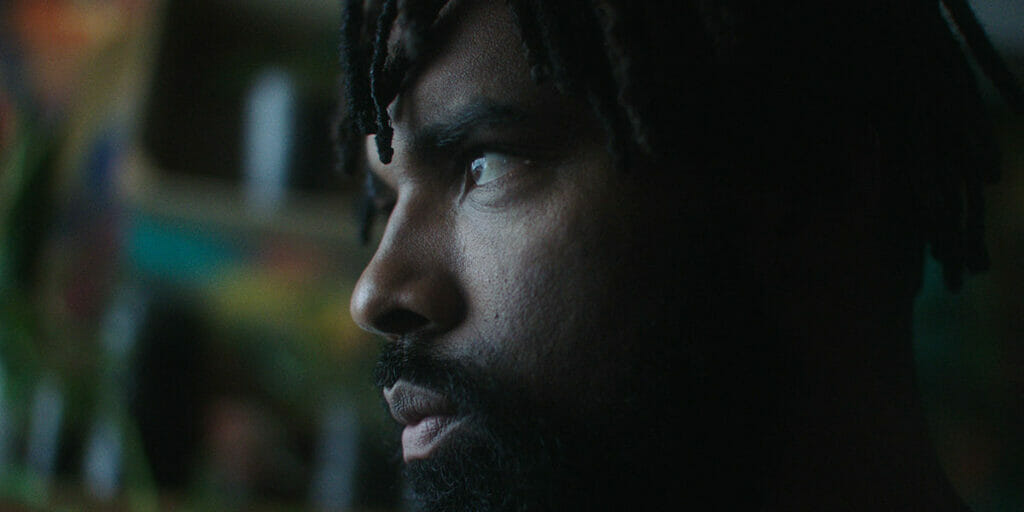
Writer-director M.H. Murray turns the anxieties of a post-HIV world into beautiful drama with I Don’t Know Who You Are. Starring Mark Clennon as Brendan, a Toronto musician who finds himself at risk for HIV after being sexually assaulted, the film follows the man’s next 72 hours, as he struggles to raise the cash to get the PEP he needs to stave off potential infection. The results are an agonizing portrait of the intersections of race, queerness, and poverty, a slow-motion panic attack as a man goes through hell to save his own life — and all he needs is $900. Clennon is a revelation here, a poet and artist searing through the screen in his feature debut.
Irena’s Vow

Adapted from the Broadway play by Dan Gordon (The Hurricane), Irena’s Vow tells a familiar, yet little-told story of the Holocaust: the real-life story of Irena Gut (Yellowjackets‘ Sophie Nélisse), a Polish Catholic nurse-turned-housekeeper who found a way to hide 12 Jews in the opulent villa of a Nazi major (Dougray Scott) during the occupation of Poland, right under his nose. Director Louise Archambault mines incredible tension out of a little-told historical tale of courage, throwing one obstacle after another Irena’s way to see how the quick-thinking hero will navigate it. And yet, Irena’s Vow is also a tale of simple resilience: Nélisse’s matter-of-fact performance belies the knowledge that, for Irena, her deeds weren’t born of self-asserted heroism. They were just the right thing to do.
National Anthem
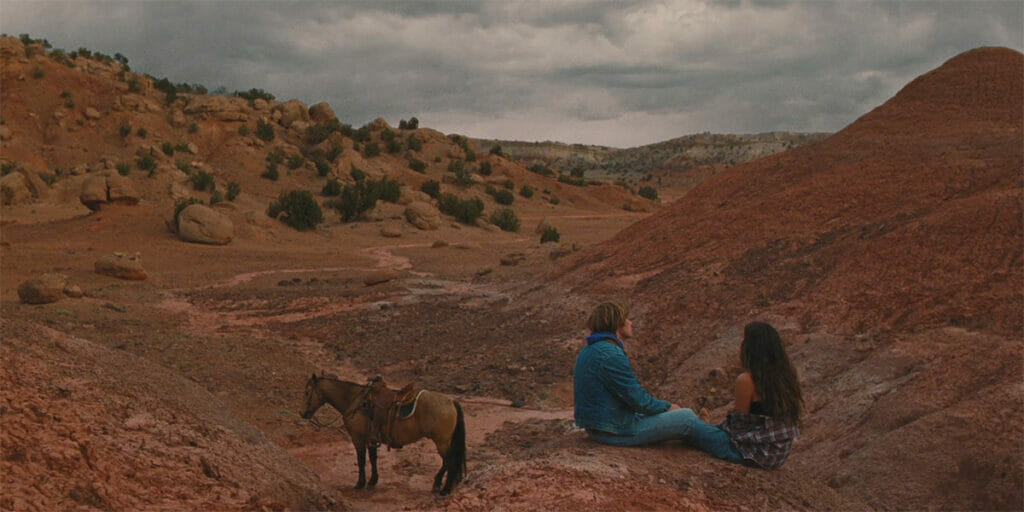
Having made the festival rounds the last year (its world premiere was at South by Southwest), Luke Gilford’s sensitive queer Western is one of the most robust tales of found family and gentle purpose-making we’ve seen in a long while. Charlie Plummer plays a young construction worker who struggles to take care of his family (including a strong supporting turn by Robyn Lively as his alcoholic mother). But one of his day jobs sends him to a queer rodeo ranch called the House of Splendor, which enthralls him and allows him to explore new parts of himself. Set against the gorgeous New Mexico countryside, and armed with a cast of sensual, inviting queer performers, National Anthem is one to watch and behold.
Spirit of Ecstasy

Making her feature-film debut, French pop star Claire Pommet plays Jeanne Francoeur, a non-binary person struggling to carve out an identity for themselves. Bristling against the confines of her military upbringing and harsh father, Jeanne finds themselves at an internship, where they soon rise through the ranks and fall under the wing of their boss and mentor (a wily Sofiane Zermani). Add to that the return of a lost love, and Héléna Klotz’s sophomore film (after Atomic Age) sets out to explore oft-underseen corners of the queer experience.
Summer Qamp
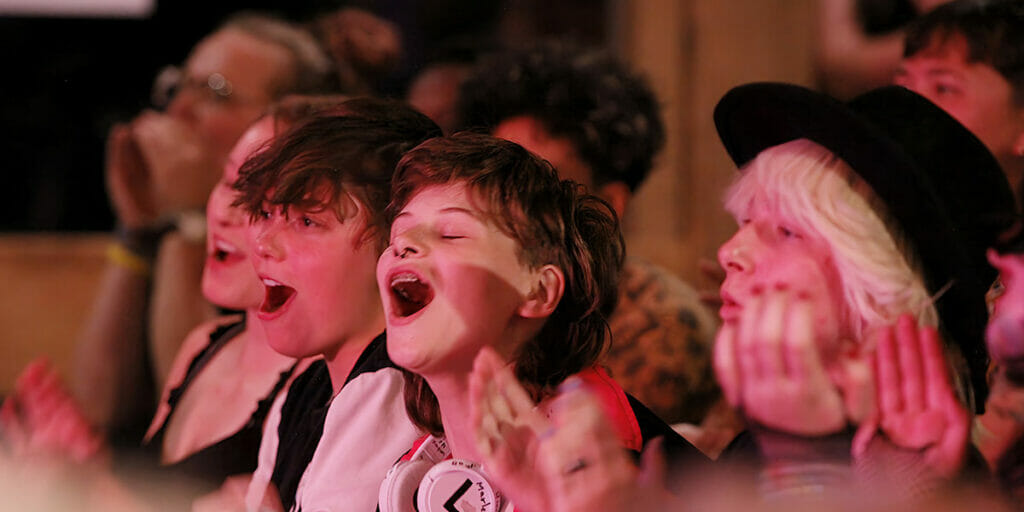
While the words ‘safe space’ have taken on pejorative connotations for many, Summer Qamp shows the need for them in a world where young queer kids have next to no opportunity to explore themselves and find community. Set amid the forested backdrop of Camp fYrefly, Jen Markowitz’s doc is light and inviting, celebrating the quirky cast of trans and nonbinary kids who come to the camp to find family, belonging, and the space to figure out who they are. A welcome reminder that queer films don’t have to center on tragedy and heartbreak: they can also be celebratory, uplifting, and deeply supportive.